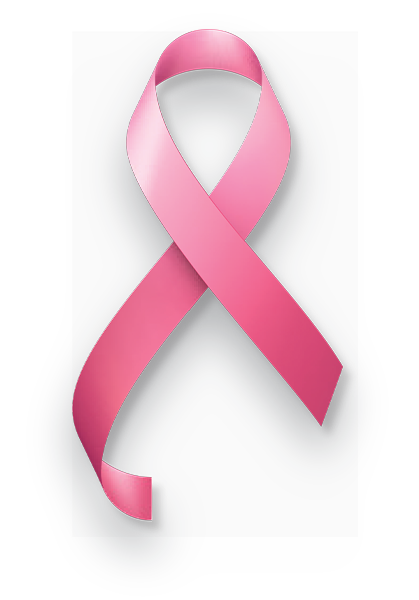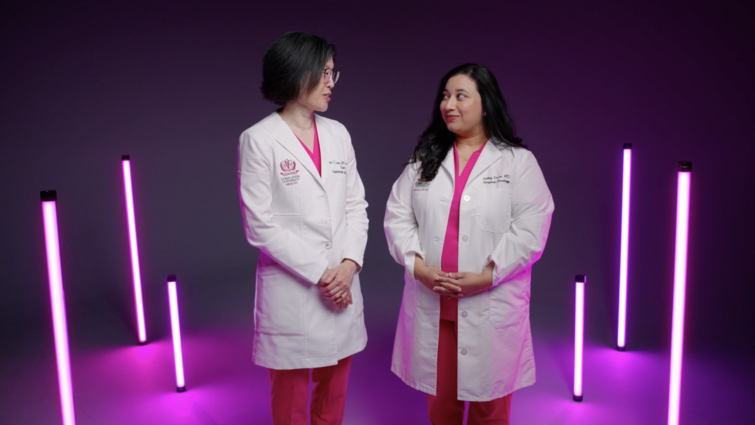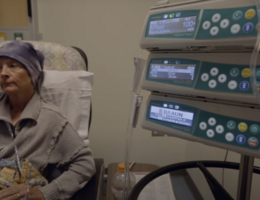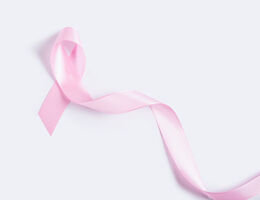

Sharon Lum, MD, chief of surgery (left) and Halley Vora, MD, director of Breast Health Services answer common questions surrounding breast health.
Sharon Lum, MD, chief of surgery (left) and Halley Vora, MD, director of Breast Health Services answer common questions surrounding breast health.
As part of Breast Cancer Awareness Month, Halley Vora, MD, director of Breast Health Services at Loma Linda University Health, and Sharon Lum, MD, MBA, chair of surgery, address some of the most common breast health questions.
How Does Family History Affect Breast Cancer Risk?
Understanding how family history plays into breast cancer risk is critical. Vora says that having a family history of breast cancer does increase your risk, but it's not the only factor.
"If you have a family history of breast cancer, you do have a higher risk of getting breast cancer yourself, but that's not the only thing that we're worried about," Vora says. A family history of ovarian or colon cancer could also be associated with an increased risk of breast cancer.
In addition to family history, personal factors such as when a woman began her menstrual cycle and whether she has gone through menopause also contribute to risk levels.
When Should Women Start Screening for Breast Cancer?
The timing and frequency of breast cancer screening can vary depending on a woman's risk factors. "The National Comprehensive Cancer Network recommends that all women get an assessment of their overall risk by age 25," Vora says.
From this risk assessment, doctors can determine the appropriate time to begin regular screenings, which typically include mammograms. "The majority of average-risk women should start screening with mammograms at about age 40," Vora says. For some women, additional imaging like MRIs or ultrasounds may be necessary for closer monitoring.
What Lifestyle Changes Can Reduce Breast Cancer Risk?
Lum says regular exercise, maintaining a healthy weight, and making dietary adjustments are lifestyle changes that can help lower the risk of developing breast cancer.
Lum says, "Regular exercise, losing weight, or getting to a normal weight, avoiding red meat, avoiding alcohol, and limiting your stress, which I think is the hardest to manage," are a few adjustments to consider to reduce risk.
Loma Linda University Health offers preventative health services, including Whole Person Care, to support patients' well-being.
For more information on breast health services, explore Breast Cancer Care at Loma Linda University Health or make an appointment for a breast cancer screening for you or a loved one today.



